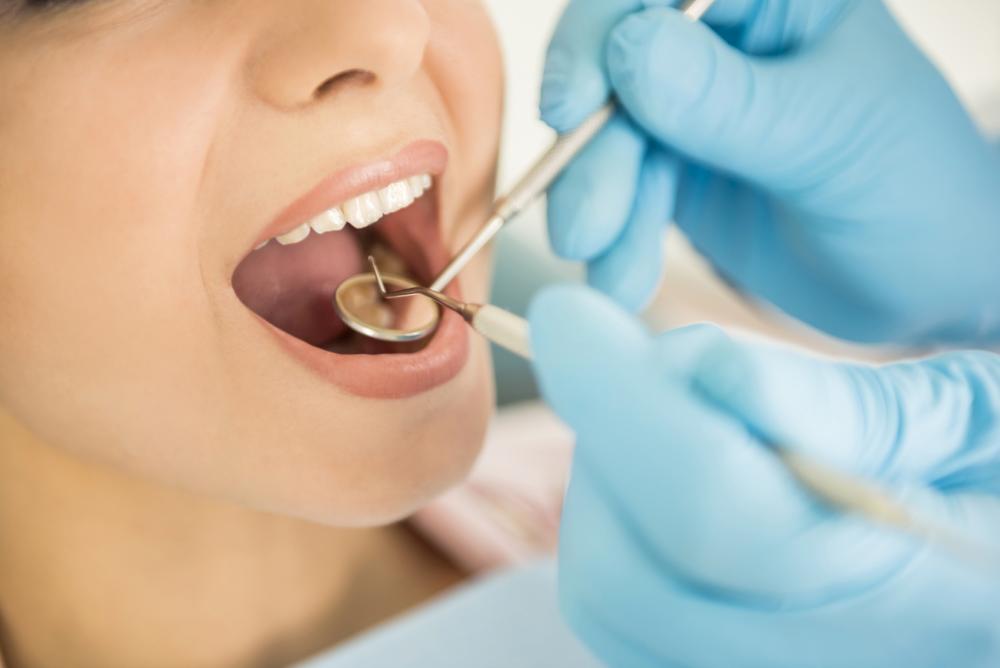The Benefits of Normal Visits to a Dentist Eugene Oregon
The Benefits of Normal Visits to a Dentist Eugene Oregon
Blog Article
Learn Regarding Constant Oral Worries Your Dental Expert Can Settle
Comprehending regular dental problems is vital for preserving optimal oral health and wellness. Problems such as cavities, periodontal condition, tooth sensitivity, poor breath, and tooth degeneration are typical yet commonly forgotten till they come to be serious. Regular dental check outs and personalized care plans can attend to these issues effectively, making sure a healthier and brighter smile.
Tooth Cavities
Dental caries, likewise referred to as dental cavities, are a common dental health problem brought on by the demineralization of tooth enamel due to acid production from bacterial plaque. This procedure starts when germs in the mouth metabolize sugars and starches from food, producing acids that deteriorate the enamel. If not resolved immediately, this erosion can permeate much deeper right into the tooth, impacting the dentin and eventually the pulp, possibly causing extreme pain and infection.
The beginning of cavity development commonly present as white spots on the tooth surface, suggesting initial demineralization. As the process progresses, these places can become black or brownish sores, indicating more comprehensive decay. Regular oral exams are important for very early detection, as tooth cavities in their nascent stages can be treated with remineralization strategies, such as fluoride treatments.
Once a cavity has actually formed, corrective treatment is required. Dentists generally eliminate the corroded section of the tooth and fill the dental caries with products such as composite resin, amalgam, or ceramic. In much more serious situations, a crown or origin canal treatment might be called for. Safety nets, consisting of excellent oral hygiene methods and nutritional alterations, play a critical role in minimizing the danger of tooth cavities.
Gum Tissue Disease
While dental caries represent a significant issue for oral wellness, another critical problem that demands focus is gum tissue illness. Recognized as periodontal disease, periodontal illness is an inflammatory condition affecting the tissues surrounding and sustaining the teeth. It is largely caused by the accumulation of plaque-- a sticky movie of microorganisms that forms on teeth.
Gum disease proceeds through phases, beginning with gingivitis, characterized by inflammation, swelling, and bleeding gum tissues (eugene dentist). If left neglected, gingivitis can escalate to periodontitis, where the internal layer of the gum and bone retreat from the teeth, creating pockets that end up being contaminated. Gradually, the toxins generated by the bacteria damage down the bone and connective tissue that hold teeth in location, possibly bring about tooth loss
Early discovery and treatment are critical. Specialist dental cleansings and improved dental health methods, such as cleaning two times daily and flossing, can take care of gingivitis. For advanced stages, treatments might include scaling and root planing, anti-biotics, and even medical treatments.
Normal oral exams play a pivotal duty in handling and preventing gum tissue illness. Dental experts can identify very early indications and advise ideal interventions, ensuring the maintenance of healthy and balanced periodontals and general dental health and wellness.
Tooth Level Of Sensitivity
Tooth level of sensitivity impacts countless individuals worldwide, offering a typical yet often distressing oral problem. This problem develops when the enamel, the outermost protective layer of the teeth, is jeopardized, revealing the underlying dentin. The dentin includes microscopic tubules that lead directly to the oral pulp, where nerves stay. When exposed to stimuli such as warm, cool, pleasant, or acidic materials, these nerves are activated, causing sharp discomfort or pain.
Numerous factors contribute to enamel erosion and subsequent tooth sensitivity, including hostile cleaning, acidic foods and beverages, gum tissue economic downturn, and bruxism (teeth grinding) Additionally, oral treatments such as teeth bleaching can temporarily increase sensitivity.
Foul-smelling Breath
An additional widespread oral worry that affects individuals' daily lives is bad breath, medically labelled halitosis. Bad breath frequently stems from poor dental hygiene, which enables food particles to stay in try this website the mouth, cultivating microbial development.

Dentists play a vital function in identifying and treating bad breath. They can recognize the source through a thorough exam and offer customized advice and treatment strategies. Referrals might include improving dental health techniques, such as regular brushing and flossing, making use of anti-bacterial mouth washes, staying hydrated, and attending to any dental issues. Sometimes, a recommendation to a specialist might be essential to deal with underlying wellness issues adding to foul-smelling breath. Effective administration of halitosis not only improves oral wellness but also considerably enhances top quality of life.
Tooth Decay

Avoiding dental cavity includes a combination of great oral hygiene practices and normal dental examinations. Cleaning teeth at the very least two times daily with fluoride toothpaste, flossing to remove plaque between teeth, and restricting the consumption of sweet foods and drinks are vital precautionary measures. Fluoride therapies, oral sealers, and specialist cleansings supplied by a dental expert can likewise play a significant function in strengthening enamel and preventing degeneration.
When dental cavity takes place, very early intervention is key. Dental experts can remove corroded tissue and bring back the tooth with dental fillings made from products such as composite material, amalgam, or porcelain. In advanced cases, therapies like crowns, root canals, or extractions might be needed. By attending to tooth degeneration promptly, dental practitioners assist preserve oral framework and feature, guaranteeing lasting oral health.
Verdict
Addressing typical oral worries such as tooth cavities, gum tissue disease, tooth sensitivity, foul-smelling breath, and dental caries is crucial for maintaining ideal oral wellness and overall wellness. Dental practitioners possess the competence to detect and treat these problems properly, making certain customized look after each individual. Routine precautionary actions and oral check-ups are vital in recognizing and handling these issues early, advertising a healthier and more positive smile over a life time.

Tooth decay, additionally understood as dental caries, takes place when the enamel, the outermost layer of the tooth, is eroded by acids generated by microorganisms in the mouth. Cleaning teeth at least two times daily with fluoride tooth paste, flossing to get rid of plaque between teeth, and limiting the consumption of sweet foods and drinks are essential precautionary steps.Dealing with common oral concerns such as dental caries, periodontal illness, tooth sensitivity, bad breath, and tooth degeneration is important for preserving optimal oral wellness and overall health.
Report this page